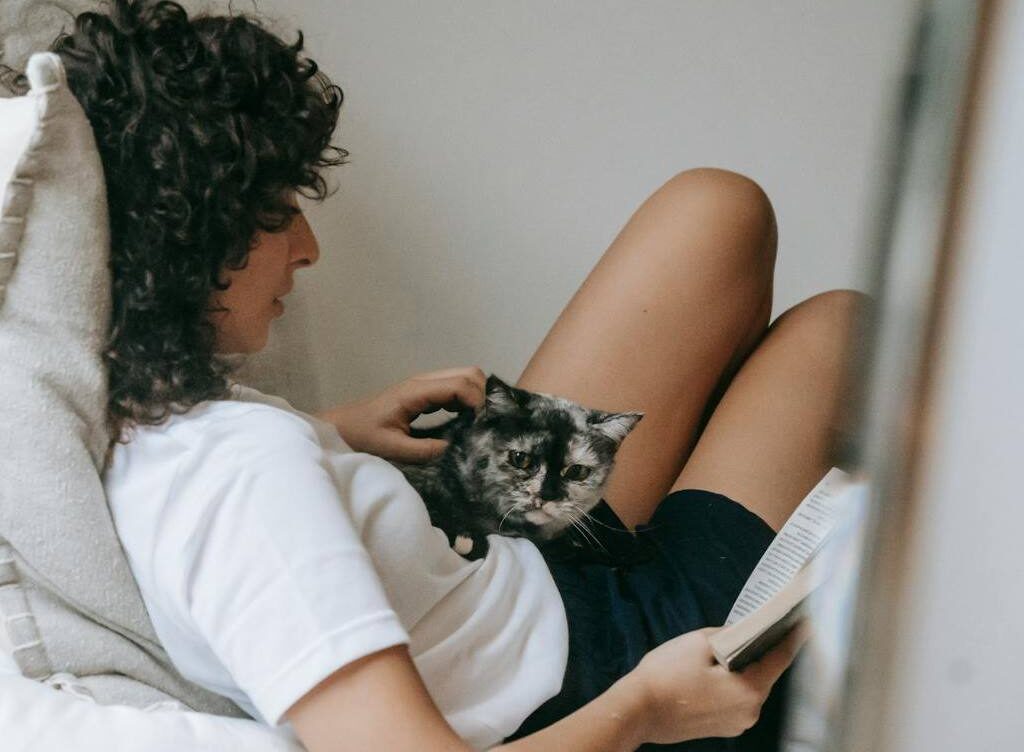
Why Some Cats Are Extra Clingy and Others Stay Independent
Cats have a reputation for being independent, but any cat owner will tell you that not all felines fit that stereotype. Some cats demand constant attention, while others prefer to keep their distance. The reasons for these behavioral differences vary based on genetics, early socialization, environment, and personality. Understanding why some cats are extra clingy while others stay independent can help owners provide the best care and companionship for their feline friends.
Why Are Some Cats Extra Clingy?
- Early Socialization
- Kittens who were handled frequently and exposed to human interaction during their early weeks are more likely to develop strong bonds with people.
- Cats that were orphaned or hand-raised may also become overly attached to their owners as they see them as parental figures.
- Breed Tendencies
- Some cat breeds, such as Siamese, Ragdolls, and Maine Coons, are naturally more affectionate and social than others.
- These breeds often seek attention, follow their owners around, and vocalize to get interaction.
- Separation Anxiety
- Clingy behavior can stem from separation anxiety, particularly in cats that have had unstable living situations.
- Signs include excessive meowing, following their owner everywhere, or showing distress when left alone.
- Health-Related Issues
- A cat that suddenly becomes extra clingy might be experiencing discomfort or illness.
- If a normally independent cat starts seeking more attention, it’s wise to consult a veterinarian.
- Reinforcement from Owners
- If a cat gets rewarded (with petting, treats, or attention) every time they seek affection, they may continue the behavior.
- Owners who respond to every meow or nudge might unknowingly encourage clingy tendencies.
Why Are Some Cats More Independent?
- Natural Instincts
- Cats are solitary hunters by nature, and some felines retain stronger independent instincts.
- Independent cats may prefer to observe their environment from a distance rather than seek constant attention.
- Early Socialization Deficiencies
- Cats that weren’t properly socialized as kittens or had little human interaction early on may be more aloof.
- Stray or feral-born cats often take longer to trust humans and may never become overly affectionate.
- Personality Differences
- Just like people, cats have unique personalities. Some are naturally more reserved, while others thrive on companionship.
- Independent cats may enjoy interaction but only on their own terms.
- Past Trauma or Neglect
- Cats that have experienced abuse, neglect, or abandonment may be wary of humans and prefer solitude.
- Building trust with these cats requires patience, gentle interactions, and respecting their boundaries.
- Breed Characteristics
- Certain breeds, such as Russian Blues, British Shorthairs, and Persians, are known for being more independent and less demanding of attention.
How to Support Your Cat’s Personality
- For Clingy Cats:
- Provide interactive toys and puzzles to keep them entertained.
- Gradually encourage independence by rewarding alone time with treats or engaging activities.
- Create a routine to help them feel secure without constant attention.
- For Independent Cats:
- Give them space and let them initiate interactions on their own terms.
- Use positive reinforcement to build trust and encourage bonding over time.
- Provide comfortable hiding spots where they can retreat when they need alone time.
Final Thoughts
Every cat is unique, and whether your feline is clingy or independent, understanding their behavior can strengthen your bond. By recognizing their individual needs and providing the right balance of attention and space, you can ensure a happy and fulfilling relationship with your cat. No matter their personality, all cats appreciate love and security in their own special way.
